CleanSpark, Inc. and ReJoule awarded $2.9M second-life EV battery grant with support from Ford
Green Car Congress
JULY 10, 2020
million grant to CleanSpark, Inc., The grant is slated to be deployed over the next 30 months. CleanSpark expects to receive approximately $470,000 of the grant funding for its microgrid design and mVSO software services and follow-on deployment of its mPulse software and controls.

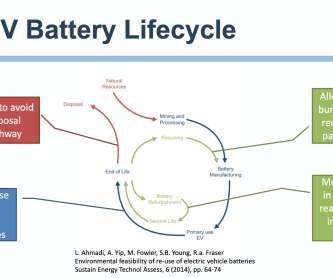
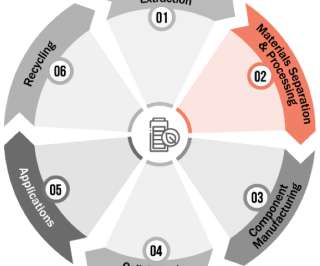


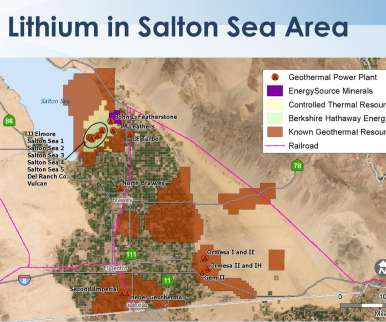
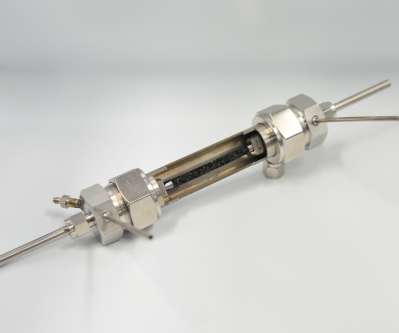












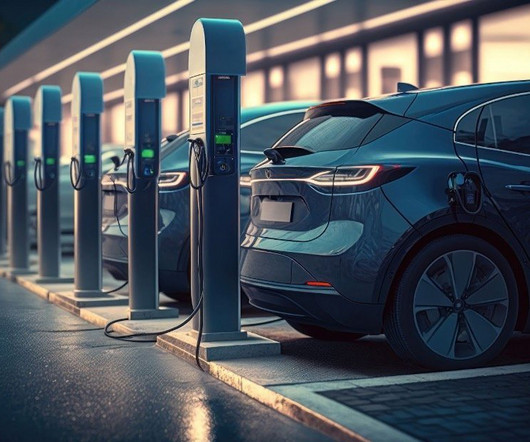






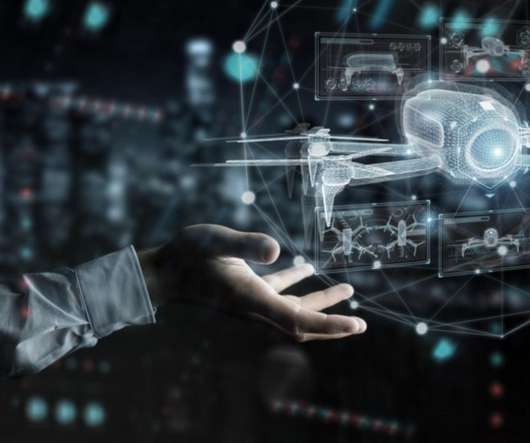

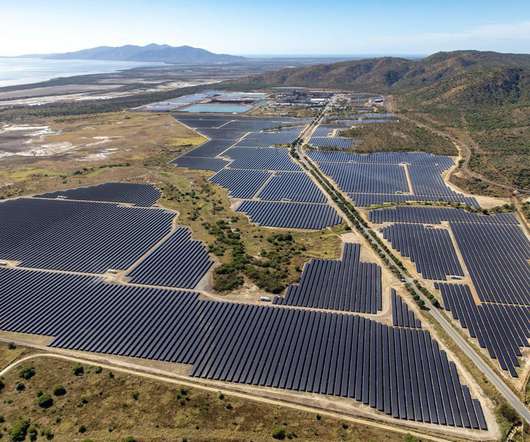



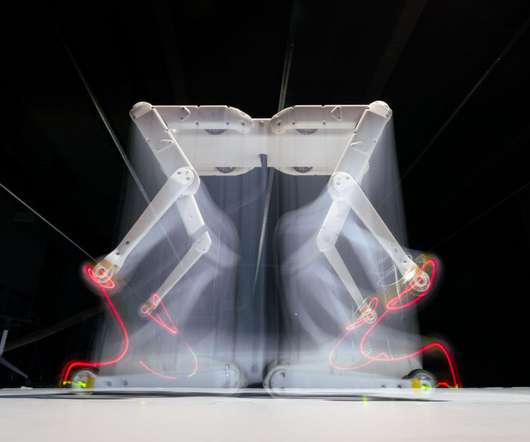







Let's personalize your content